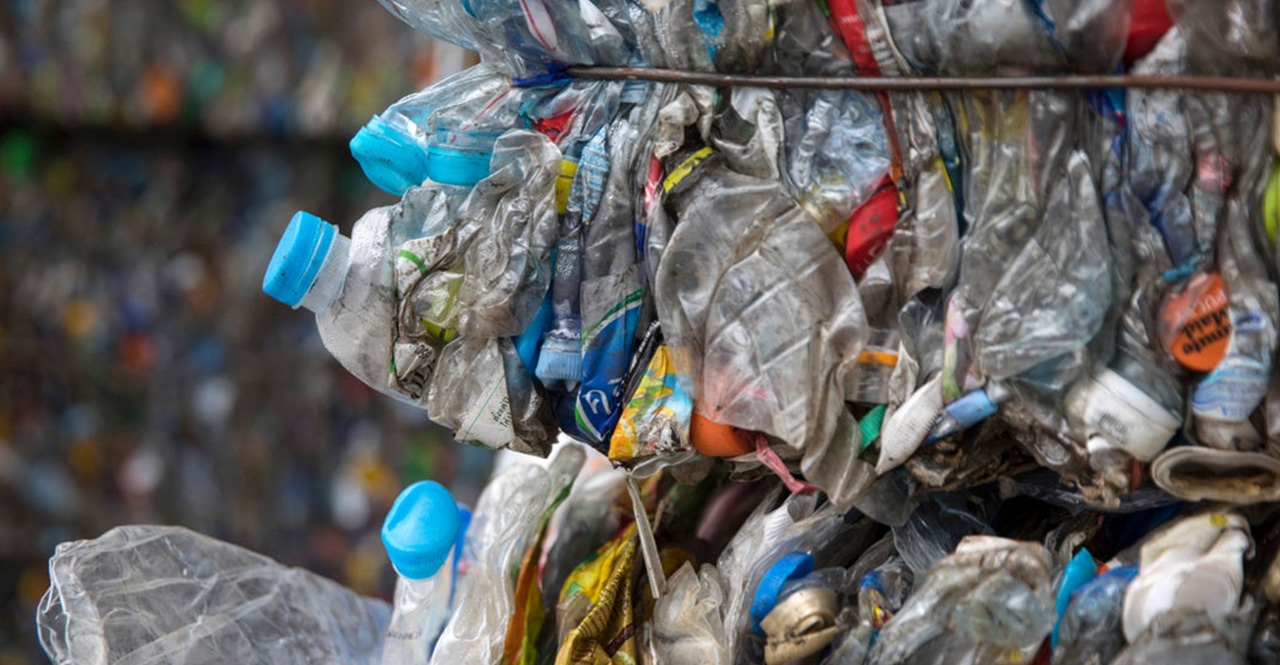Fostering Source Effectiveness and Environmental Defense Via Liquid Waste Elimination Programs
In the realm of ecological stewardship, the monitoring of liquid waste stands as an essential juncture where resource performance and ecological defense assemble. With a lens of aggressive involvement and strategic insight, the landscape of liquid waste monitoring introduces a tapestry of difficulties and possibilities that beckon us to discover the course towards a greener and even more lasting future.
Importance of Fluid Waste Elimination
The value of fluid waste removal exists in its critical role in preserving ecological health and securing public well-being. Fluid waste, otherwise effectively managed, can position severe threats to environments, water sources, and human wellness. Via reliable removal processes, damaging substances such as virus, chemicals, and toxins are avoided from polluting the setting and triggering detrimental results.
Appropriate liquid waste removal likewise aids in stopping the spread of conditions and lowering the capacity for groundwater contamination. By securely getting rid of fluid waste, the risk of waterborne diseases and pollution-related health and wellness problems is substantially reduced - Industrial waste water treatment. Additionally, efficient elimination techniques contribute to keeping the overall tidiness and aesthetic appeals of communities, thus boosting the high quality of life for homeowners
Additionally, liquid waste elimination plays a vital function in sustaining sustainable advancement and making sure compliance with ecological laws. By sticking to appropriate waste monitoring industries, companies and procedures can decrease their environmental footprint and demonstrate business obligation. Eventually, buying robust fluid waste removal programs is crucial for promoting environmental stewardship and cultivating a healthier, more secure future for all.

Benefits of Effective Disposal
Effective disposal of liquid waste not just safeguards environmental wellness and public well-being yet additionally generates numerous advantages that expand past prompt control measures. One crucial benefit of effective disposal is the decrease of contamination in water bodies and soil. By correctly handling fluid waste, the risk of contamination reduces, guarding and preserving ecosystems biodiversity. Furthermore, effective disposal practices add to source preservation. Through procedures like reusing and power healing, beneficial sources can be removed from fluid waste, advertising sustainability and lowering the strain on resources. Additionally, taking on efficient disposal approaches can cause cost savings for communities and companies. By maximizing waste administration processes, organizations can streamline procedures, lessen disposal expenditures, and possibly create revenue with the sale of recycled materials. On the whole, the benefits of reliable liquid waste disposal are multifaceted, encompassing environmental defense, resource performance, and economic benefits.
Technologies for Waste Therapy
Making use of sophisticated technologies for waste treatment plays a crucial duty in making sure the effective administration and risk-free disposal of fluid waste. Among the crucial modern technologies used in liquid waste therapy is biological therapy. This approach makes use of microbes to break down raw material in the waste, transforming it into harmless byproducts. An additional common technology is chemical therapy, where chemicals are contributed to the waste to neutralize harmful parts or precipitate pollutants for removal. Physical treatment methods, such as filtering and sedimentation, are also widely utilized to divide solids from liquid waste.
Additionally, thermal therapy approaches such as incineration can be employed for the total damage of unsafe parts in fluid waste. In general, the assimilation of varied therapy innovations makes certain detailed and eco pleasant monitoring of fluid waste.
Role of Laws and Conformity
In the realm of fluid waste administration, adherence to regulative structures and compliance criteria is vital for securing ecological wellness and sustainability. Regulations play a critical function in governing the proper handling, treatment, and disposal of liquid waste to protect against injury to ecosystems and human wellness. By developing clear standards and standards, regulative bodies guarantee that services and individuals included in fluid waste monitoring run in an eco liable manner.
Conformity with these policies is not just a lawful demand however likewise an ethical commitment to safeguard the setting for future and existing generations. It involves carrying out best techniques in waste collection, check over here disposal, therapy, and transport to reduce ecological impact and promote resource efficiency. Non-compliance can cause penalties, lawsuit, and reputational damages for companies, highlighting the relevance of promoting regulatory requirements.

Future Fads in Waste Monitoring

Another vital pattern in waste monitoring is the fostering of sophisticated information analytics and artificial intelligence to optimize waste collection routes, enhance sorting processes, and enhance total operational effectiveness. These modern technologies enable waste monitoring companies to make data-driven decisions, causing set you back savings and ecological advantages.
Moreover, there is a growing emphasis on the development of decentralized waste monitoring systems, such as onsite therapy facilities and mobile waste processing units. These systems offer flexibility and scalability, allowing for more effective waste handling in varied atmospheres.
Conclusion
Finally, cultivating source performance and environmental management through fluid waste removal programs is important for lasting development. Efficient disposal methods, advanced technologies for waste treatment, and stringent policies play vital functions in minimizing environmental influence. Looking in advance, Get More Information continual innovation and improvement in waste management techniques will certainly be vital for dealing with the expanding challenges of liquid waste disposal.
In the world of ecological stewardship, the management of fluid waste stands as a critical point where source efficiency and ecological protection converge (Industrial waste water treatment).Utilizing advanced technologies for waste therapy plays a vital duty in making certain the efficient administration and risk-free disposal of fluid waste.In the realm of fluid waste administration, adherence to governing structures and compliance criteria is paramount for protecting ecological wellness and sustainability.In final thought, cultivating source effectiveness and environmental protection through fluid waste elimination programs is vital for lasting advancement. Looking in advance, continuous innovation and improvement in waste management methods will be essential for resolving the expanding challenges of fluid waste disposal